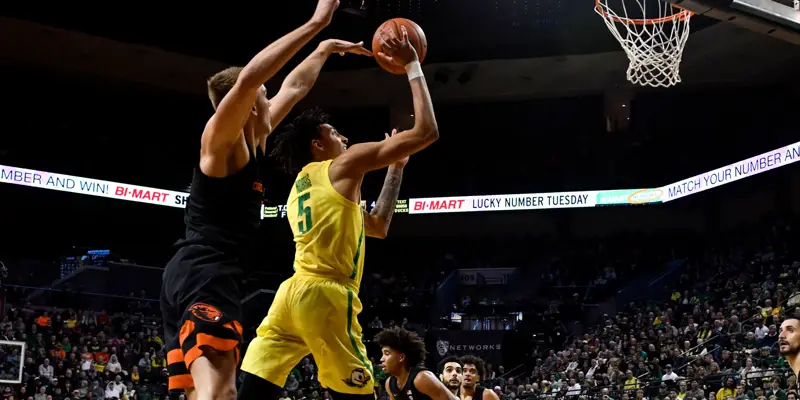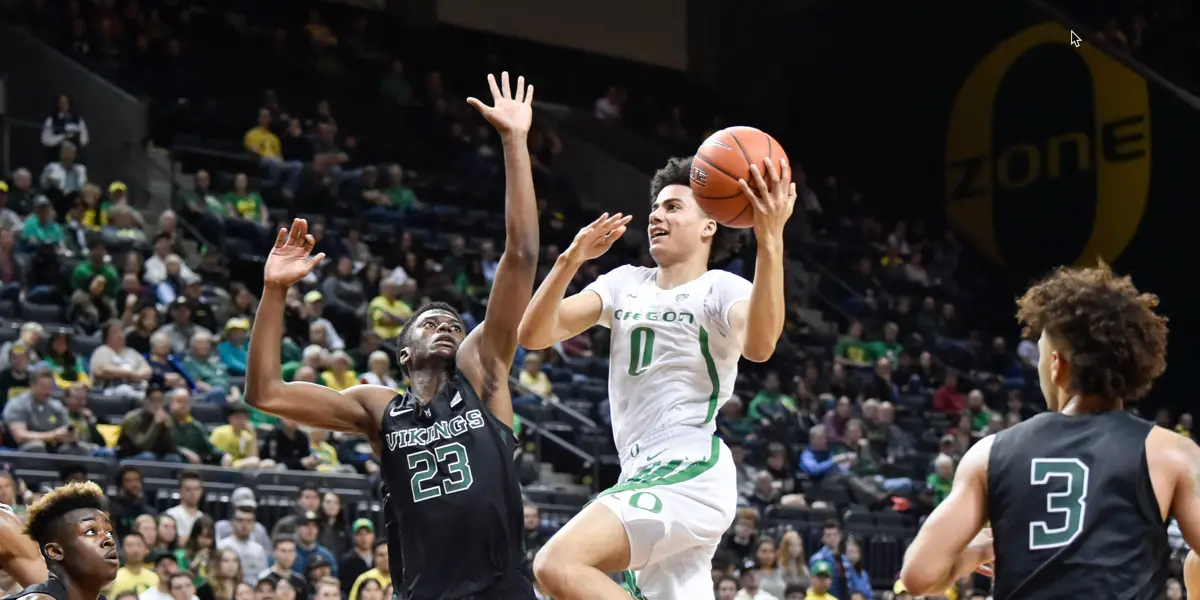Is there such a thing as a “good foul”?
That was the question posed to the class. While working on her Master’s degree, my wife was taking a course entitled, “The Sociological Aspects of Sport.” The professor posed that question as a follow-up after having assigned the class the task of reading an article by Warren P. Fraleigh: “Why the Good Foul is Not Good.”
You know the scenario: A basketball player is breaking away for a layup, and a defender commits a foul in order to prevent it. Some would say, “Of course, take the foul. Better the charity stripe than the score.” Others would say, “Absolutely not! Fouling intentionally is wrong, period.”

Are there situations where an intentional foul is warranted?
In a similar vein, I took an ethics class in seminary. One day our professor asked us the following question about lying, “Suppose you were harboring a fugitive Jew during WWII and the Gestapo knocked on your door, asking if you knew the whereabouts of any Jews. Would it be wrong to lie in order to protect the life of a fellow human being?”
Not one of us that afternoon rejected the notion that lying in that circumstance would unquestionably be justified. A few minutes later, on the other hand, we were equally unanimous in agreeing that lying about one’s age at the theater in order to obtain cheaper senior tickets is certainly NOT justified. Some lies are morally justifiable, others are not.
So what about sports? We would all agree, I should hope, that intentionally targeting a quarterback’s knees to take him out of the game is clearly a moral anathema. But what about that foul to prevent the layup? Is that morally acceptable?
Do we wink at moral misdemeanors in sports because of the (“higher”) pursuit of a championship? Or do we follow Sophocles’ advice:
“I would prefer even to fail with honor than win by cheating.”
What say you? Where do you draw the line? My wife and I, and a few of our sports-minded friends, have had some great discussions on the question.
Lou Farnsworth
Fontana, California Top Photo by Eugene Johnson

Chris Brouilette, the FishDuck.com Volunteer editor for this article, is a current student at the University of Oregon from Sterling, Illinois.
Related Articles:
Unbelievable...Same SEC Stuff, Different Day
Why Oregon Football Always Belongs in the National Conversation
The B1G Won the 2026 Coaching Carousel...Big-Time!
Continuity? Lanning's Hiring Success is Put to the Test
Why Whether Dyer Was Down or Not...Doesn't Matter
How to Analyze Football Talent Like a Pro
Lou was raised in Eugene. He moved there in 1959, at the age of nine, when his father joined the faculty at the U of O. The first Duck football game that he can remember occurred at Hayward field: a 1963 loss to San Jose State. After serving in the Army from 1968-70, he returned to Eugene, worked in the woods for a few years; and then eventually earned a degree in Mathematics Education from the U of O in 1976. For the past 43 years he has taught secondary mathematics, mostly in southern California. He lives there with Shawn, his wife of 37 years, who is also an Oregon alum. Together they have two sons and a daughter. He retired in June of 2019. When Shawn retires in June of 2021 they will be moving to Pueblo, Colorado.

